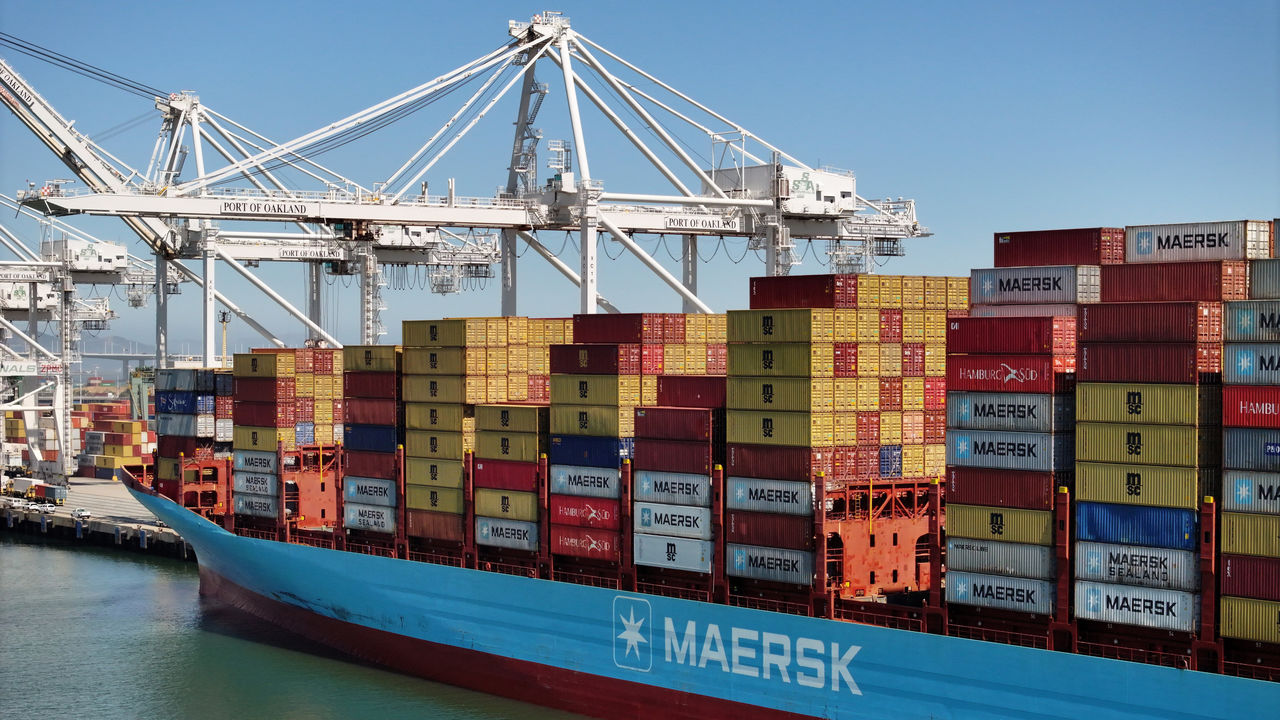Trade War Illusion: Why Tariffs Might Backfire on American Manufacturing Dreams

Donald Trump's Tariff Obsession: A Misguided Path to Economic Self-Destruction
In the complex world of global trade, President Trump's aggressive tariff strategy is proving to be a dangerous economic gamble that threatens not just international prosperity, but America's own economic well-being. What began as a bold promise to protect American industries has rapidly transformed into a self-defeating economic policy with far-reaching consequences.
By imposing sweeping tariffs on international goods, Trump is essentially creating a economic minefield that hurts both foreign traders and American consumers. These punitive taxes don't just impact distant manufacturers; they directly translate into higher prices for everyday Americans, eroding purchasing power and stifling economic growth.
The irony is profound: in an attempt to strengthen American economic might, these tariffs are actually undermining the very competitiveness they aim to protect. Retaliatory measures from trading partners create a vicious cycle of economic tension, disrupting supply chains and creating uncertainty in global markets.
Economists across the political spectrum warn that protectionist policies like these are fundamentally flawed. They distort market dynamics, reduce economic efficiency, and ultimately make everyone—Americans included—poorer. The global economy thrives on interconnectedness, not isolation.
As trade wars escalate, the real casualties are not just abstract economic statistics, but real businesses, workers, and consumers who bear the brunt of misguided trade policies. Trump's tariff strategy is a stark reminder that economic nationalism comes with a steep and often overlooked price tag.

